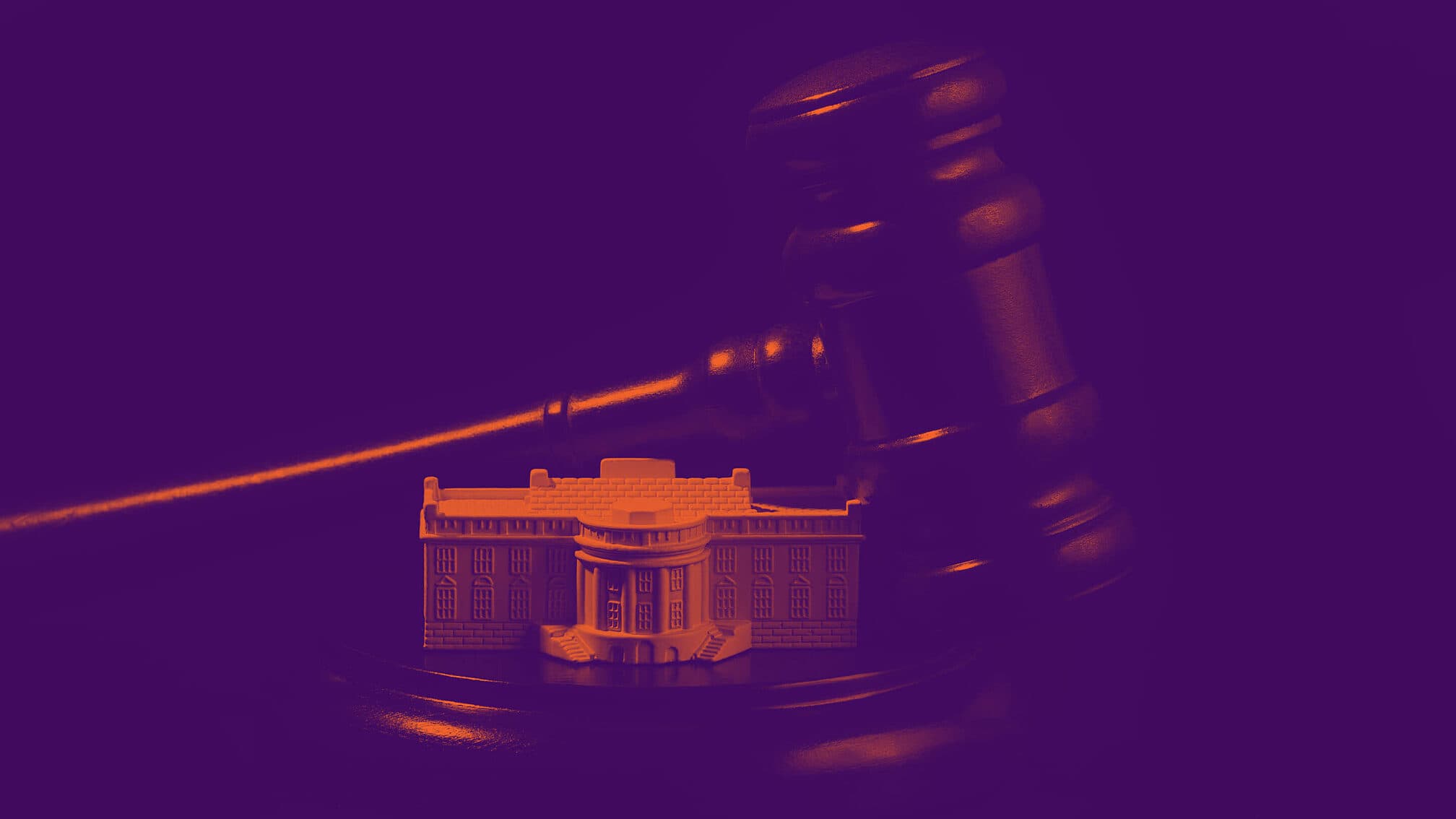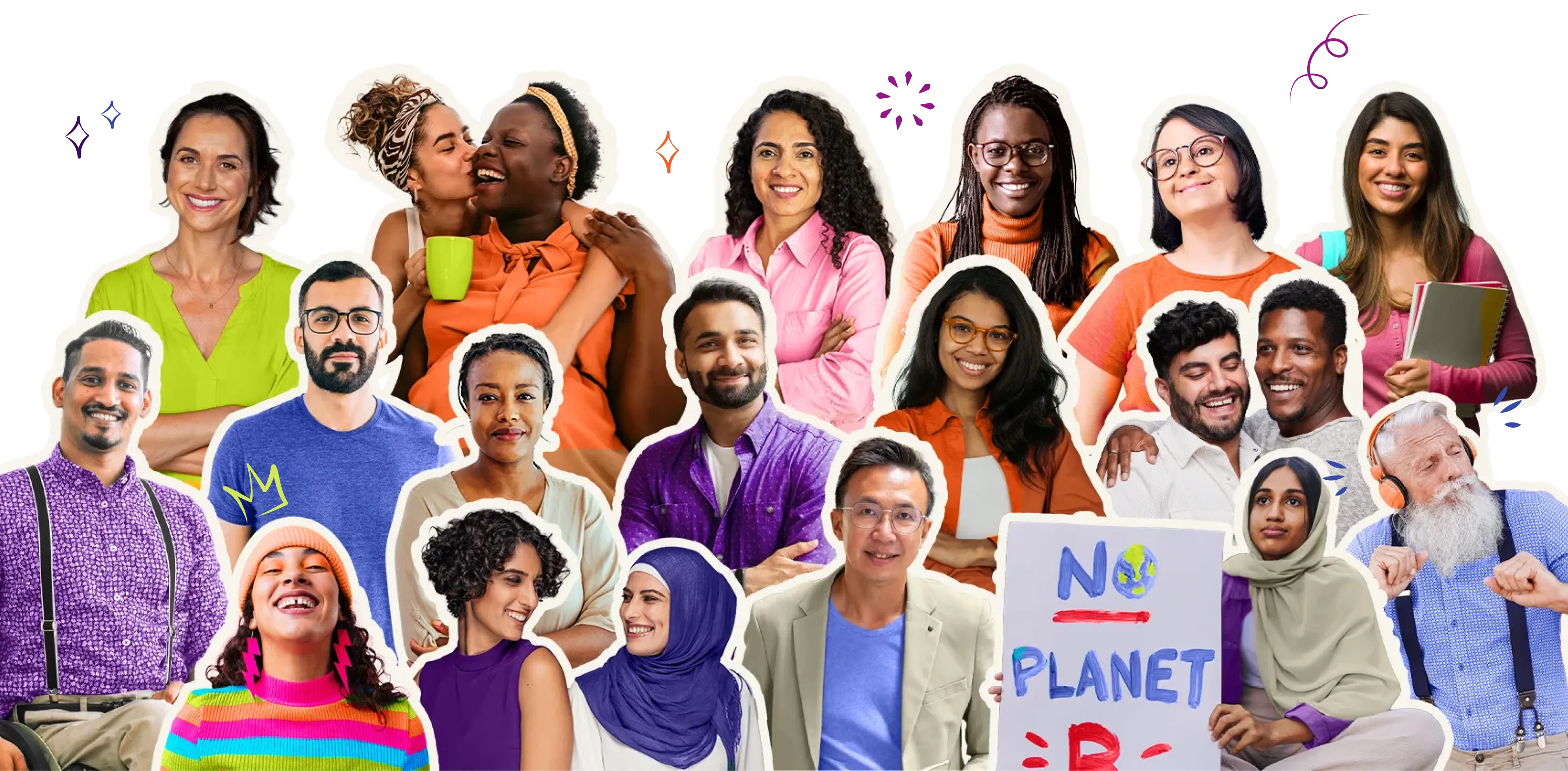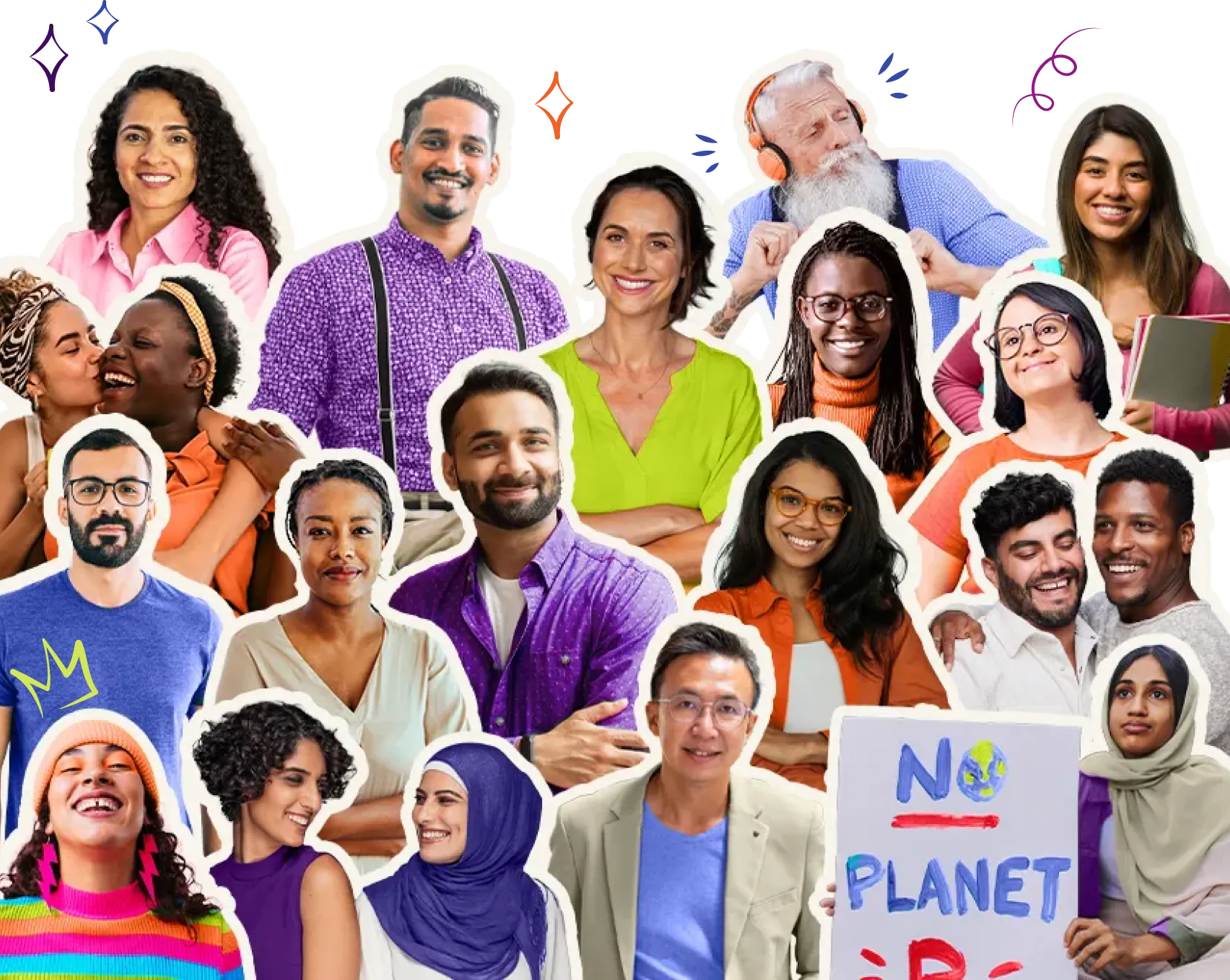Blog
Mental Health Awareness Month & the 2024 elections
May is Mental Health Awareness Month, and I was asked to offer some suggestions as an executive coach for making it to November without dissolving into a pool of stress. Increasingly, I am turning to my coach training to keep my own election anxiety at a simmer instead of boiling over.

Five months until the election. You can feel the anxiety in the air, rising to new levels daily, especially among us political nerds here in Washington, D.C. Is there any other city where people ask to see the cross-tabs on a daily basis?
In our line of work, avoiding future-focused election stress is hard. We work on very hard issues and at the highest levels of government. Who’s in charge might mean life or death for some of the communities we work with. So it’s no surprise that a recent Yahoo/YouGov poll found that 60% of adults are experiencing election-related anxiety in a year when the polls are close and every day seems to bring a new crisis. The world feels literally on fire (and, in some places, it is).
May is Mental Health Awareness Month, and I was asked to offer some suggestions as an executive coach for making it to November without dissolving into a pool of stress. Increasingly, I am turning to my coach training to keep my own election anxiety at a simmer instead of boiling over. This looks like:
Limiting news consumption. I try not to read any news before 8 AM. Nonstop scrolling each day's distressing news makes me irritable, anxious, and unable to focus. That doesn't do me — or anyone — any good. So, I limit my news consumption to certain times of the day, and I don't start my day by reading Playbook. (Don’t tell Robert.) Here are some other ways to put guardrails on your doom scrolling.
Daily movement. If I’m focused on Robin Arzón making me turn the resistance to unbelievable levels, I can’t focus on the election — or anything else. An added bonus is the increased dopamine that lowers my stress hormones — cortisol and adrenaline.
Hitting pause. Anxiety is based on worrying about the future. By pausing to focus on the present, we also pause our worry about the future and step out of anxiety, even if only for a few minutes. I meditate — but it doesn’t happen every day, as much as I try to carve out the time. On days when meditation isn’t an option, I try to work in other pauses, like walking the dog without listening to a podcast and paying attention to the world around me. Or taking a few minutes to focus on my breath between meetings. The more I pause, the less stressed I am and the more I can focus.
Staying connected. Connecting with others — especially those that really understand us — reminds us that we belong. Belonging lowers our stress hormones, and that helps lessen our anxiety. I would not have made it through the last four years without my weekly coffee with neighborhood friends.
Taking action. One of the best things I’ve found to lessen election-related anxiety is to take action in a way that’s meaningful to you — phone banking, canvassing, donating, volunteering, protesting, counter-protesting, writing postcards, helping others. Taking action reminds us that we have agency and we can use our agency to effect change.
These are some of the tools I turn to. Yours might be different — the same things don’t work for everyone. We are all different people in different life circumstances. Do what helps you. If it’s all too much, find a professional. And please don’t let election stress immobilize you from action or let it take you away from doing what brings you joy.
Patty First
Chief Impact & Strategy Officer


